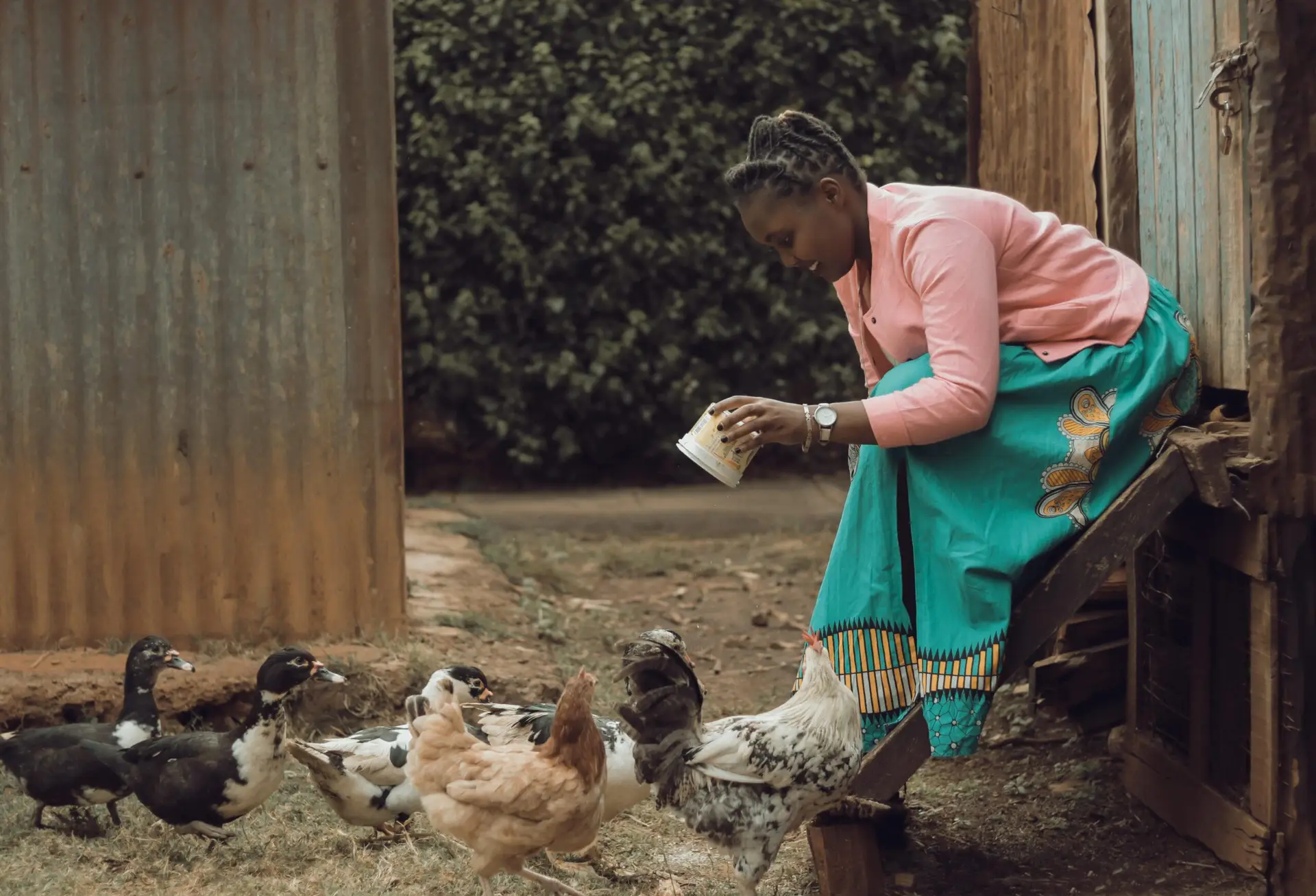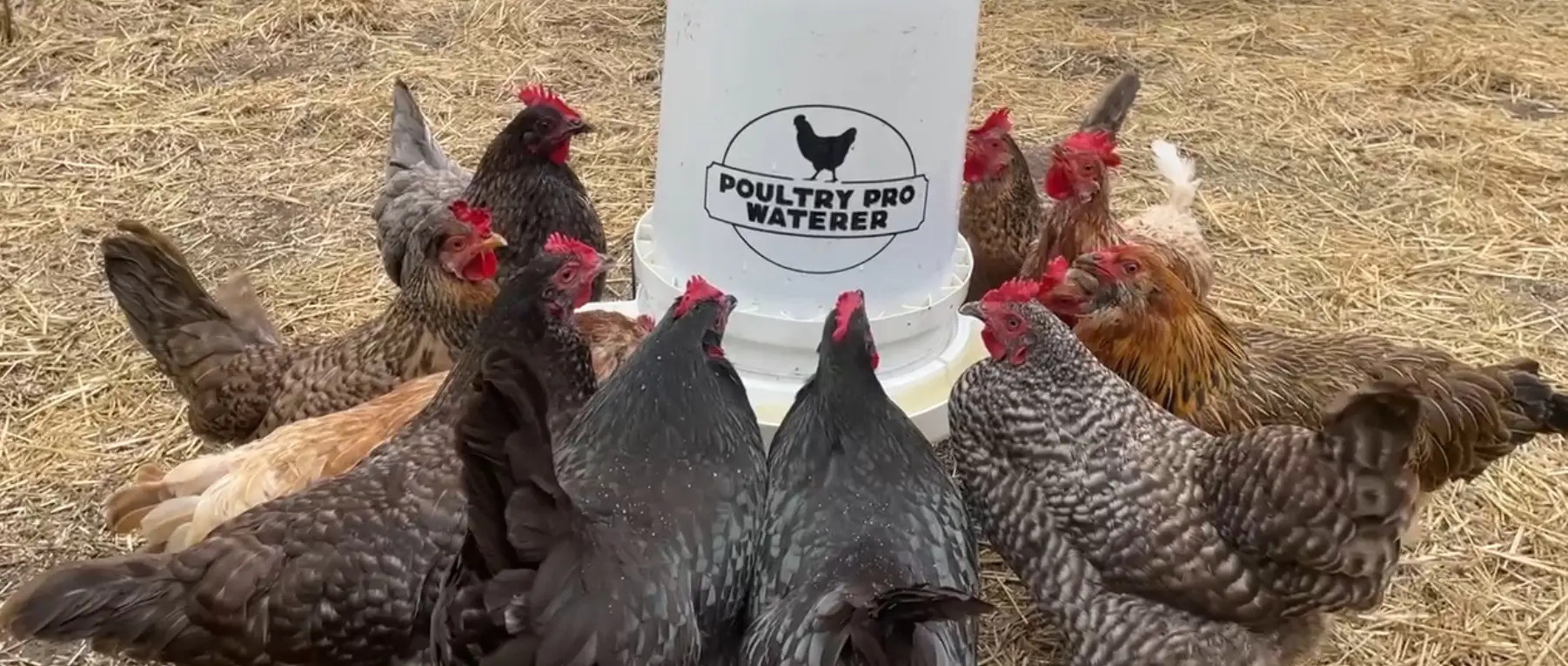Empowering Families, Reducing Waste, and Promoting Sustainability
Inspired by Antwerp, Belgium’s successful initiative providing free chickens to residents to reduce food waste and encourage self-sufficiency, Riverbend Resources is working to bring a similar program to select American communities. This initiative aligns with the principles of environmental responsibility, community resilience, and decentralization of food production—values strongly advocated by Robert F. Kennedy Jr. His commitment to reducing corporate control over food systems and empowering individuals to take ownership of their resources serves as a guiding force in shaping this effort.
By providing families with free chicks, we aim to reduce dependence on large-scale corporate egg production, minimize food waste, and encourage sustainable food practices. This program will promote backyard poultry as a tool for food security, environmental sustainability, and local economic empowerment. Through partnerships, education, and community engagement, we seek to make backyard poultry keeping accessible and beneficial for families across the country.
We are currently developing the framework for this initiative, identifying key communities, forming partnerships, and designing educational programs to ensure the long-term success and expansion of the program.
Goals
- Provide families with the means to raise backyard chickens, reducing their reliance on store-bought eggs and factory farming.
- Decrease the environmental impact of large-scale poultry farming by promoting decentralized, small-scale egg production.
- Reduce household food waste by encouraging the use of kitchen scraps as chicken feed.
- Strengthen community resilience by fostering knowledge-sharing and sustainable food practices.
- Encourage a shift toward local food systems, decreasing dependence on corporate-controlled agriculture.
- Provide educational resources to ensure responsible poultry care and long-term success for families participating in the program.
Target Communities
- Urban Areas: Focus on food deserts where access to fresh, healthy food is limited. Backyard chickens can provide an accessible source of high-protein nutrition.
- Suburban Neighborhoods: Engage families interested in sustainability and self-sufficiency. Many suburban homeowners already have space for small backyard flocks.
- Rural Communities: Support families and farmers looking to enhance local food production and reconnect with traditional agricultural practices.
Selection Criteria:
- Community interest in sustainability and local food production.
- Local ordinances that allow backyard poultry.
- Access to partner organizations willing to provide support and education.
- Areas with high levels of food insecurity or economic hardship.
Partnerships and Funding
- Agricultural Organizations: Collaboration with agricultural extensions, homesteading groups, and sustainability-focused nonprofits.
- Local and State Governments: Grants and policy advocacy for urban agriculture and food security programs.
- Retail and Corporate Sponsorships: Partnerships with hatcheries, farm supply stores, and businesses promoting sustainability.
- Crowdfunding and Community Donations: Engaging grassroots supporters through crowdfunding campaigns to expand the reach of the program.
- Educational Institutions: Partnering with universities and vocational programs focused on agriculture and sustainability.
Distribution and Education Hubs
- Community Centers and Urban Farms: Serve as local distribution points where families can pick up chicks and receive basic training.
- Public Schools and Libraries: Integrate educational workshops and reading materials into school and library programs.
- Mobile Education Units: Deploy outreach teams to rural and underserved areas to provide hands-on guidance.
- Online Learning Platform: Develop a website with instructional videos, FAQs, forums, and troubleshooting guides.
Educational and Support Systems
- Workshops and Training Sessions: Cover topics such as chick care, coop building, egg collection, and disease prevention.
- Mentorship Programs: Pair new participants with experienced backyard chicken keepers for ongoing support.
- Resource Libraries: Offer books, videos, and digital materials to help participants navigate poultry care.
- Community Networking Events: Organize meetups where participants can exchange experiences and share best practices.
Legal and Compliance Considerations
- Local Zoning Laws: Work with municipalities to ensure legal compliance and advocate for more chicken-friendly policies in restrictive areas.
- Health and Safety Regulations: Ensure proper biosecurity measures are in place to prevent disease transmission.
- Liability and Insurance: Secure appropriate coverage to protect against risks associated with distributing live animals.
Pilot Program Implementation
- Initial Rollout: Launch a pilot program in select communities to test logistics and gather feedback.
- Data Collection and Impact Assessment: Track program participation, egg production rates, and reductions in food waste.
- Feedback Mechanisms: Establish channels for participants to provide insights and suggestions for improvement.
- Program Adjustments: Make necessary changes based on pilot results before broader expansion.
Marketing and Community Engagement
- Social Media and Digital Campaigns: Share success stories, educational content, and program updates to build awareness and support.
- Local Media Outreach: Partner with news outlets, radio stations, and community newspapers to promote the initiative.
- Ambassador and Influencer Engagement: Collaborate with sustainability influencers and homesteading advocates to reach a wider audience.
- Community Events and Open Houses: Host “Chick Days” where families can learn, adopt chicks, and connect with other participants.
Long-Term Growth and Expansion
- Scaling the Model: Develop a replicable system that can be adopted in new communities.
- Training and Certification Programs: Offer structured training to ensure long-term poultry care success.
- Building a National Network: Connect participating communities to share best practices and resources.
- Policy Advocacy: Work toward policy changes that promote urban agriculture and support small-scale poultry farming.
- Sustainability Initiatives: Integrate composting and permaculture education to further environmental benefits.
Next Steps
- Identify pilot communities and evaluate potential partnerships.
- Develop educational materials and resources for distribution.
- Secure initial funding and sponsorships.
- Establish distribution hubs and training centers.
- Launch the first round of chick distributions and gather data for program optimization.



